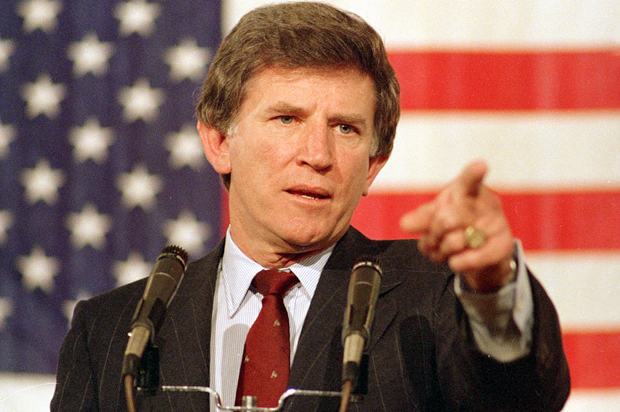Do you think that a candidate’s moral fortitude should play a role in their political success?
Matt Bai:
Yes. I want moral leaders, don’t you? The question is how we measure moral fortitude. Do we measure it by a single unflattering moment, a single gaffe or stupid decision? Or do we measure it in the full context of a life and political career. If a candidate has lied to his wife, but hasn’t lied to his constituents, or ducked tough votes, or been accused of corruption, then isn’t that worth something? Moral people do immoral things. Truthful people tell lies. I think we all want to be judged with some context (when we want to be judged at all), and so should our politicians.
______________________
Question:
I grew up in NH and witnessed many presidential candidates up close over several election cycles. Gary a Hart was easily the most impressive, decades ahead on a whole range of issues. He also gets little credit for the strength of character it took for him to buck the party crowd in Washington that was mired in the past. How do you think the world would be different if Hart had been elected President?
Matt Bai:
He would appreciate hearing that, and you would love my book. Hart himself told me that had he been elected, George W. Bush would never have become governor of Texas, and we wouldn’t have invaded Iraq. This haunts him. I can’t say how the world would have been different, but I know Hart had thought an awful lot about governing during a time of economic transformation and after the Cold War, and I think there’s a good chance he would have helped us navigate those changes sooner and better. That’s just my own gut feeling.
______________________
Question:
What institutional source of congressional gridlock do you think has been underreported on?
Matt Bai:
Always willing to look at new ideas, thanks. As for gridlock, I really feel like we don’t talk enough about the primary system and how antiquated it is in an age where fewer people want to join anything local, much less a political party. You have a system where fewer and fewer people — the hardcore ideologues — are making choices for the rest of us about who can be on the ballot, and I don’t think that’s sustainable. What happens in Congress is that the representatives are more worried about that small number of activists than they are about the policy or their broader constituency.•

